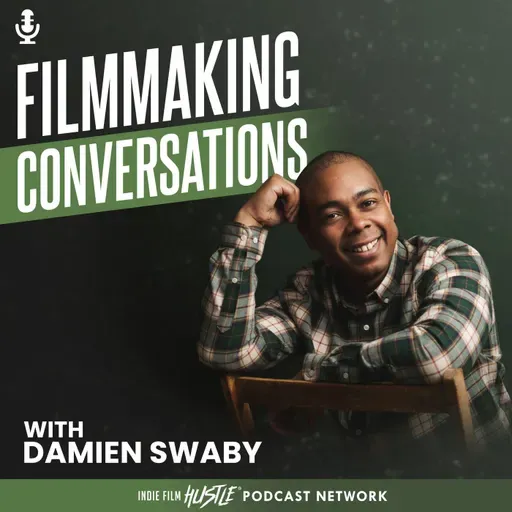
16 September 2025
Ep 263: Remembering Robert Redford: How a Career Rewired Indie Filmmaking
Filmmaking Conversations Podcast with Damien Swaby
About
Episode Summary
Recording from the spare room, Damien reflects on Robert Redford’s passing and maps how Redford’s career choices—as star, director, producer, and institution-builder—reshaped the conditions for independent filmmaking. From championing adult, character-driven stories to proving quiet films can win big, this episode translates Redford’s moves into practical takeaways you can use on your next shoot.
Key Takeaways:
Recording from the spare room, Damien reflects on Robert Redford’s passing and maps how Redford’s career choices—as star, director, producer, and institution-builder—reshaped the conditions for independent filmmaking. From championing adult, character-driven stories to proving quiet films can win big, this episode translates Redford’s moves into practical takeaways you can use on your next shoot.
Key Takeaways:
- A bankable star choosing adult, idea-forward dramas expands mainstream appetite for intimate stories.Ordinary People validated quiet, precise filmmaking at the highest level—proof that small can be prestigious.Redford’s producing/directing showed that authorship is a business plan: attach taste and protect tone.All Is Lost licensed formal minimalism—audiences will follow honesty and behavior.The ethos behind Sundance—artist-first, risk-tolerant, community-powered—grew directly from his career instincts.
- “Curation is career—Redford proved that picking brave scripts changes the weather for everyone.”“You can stabilize a shot; you can’t fake a revelation.”“Small isn’t a limitation—it’s a design principle.”
- Butch Cassidy and the Sundance Kid (1969)All the President’s Men (1976)Ordinary People (1980) — dir. Robert RedfordQuiz Show (1994) — dir. Robert RedfordAll Is Lost (2013)